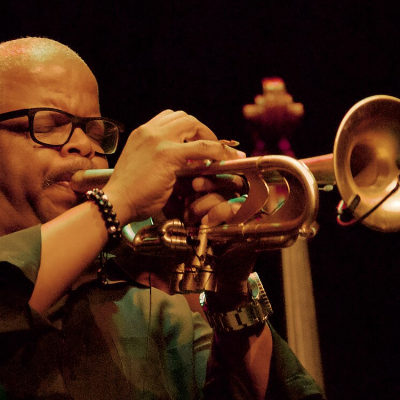Childhood Heroes — We all had them
Excerpted from exclusive Jerry Jazz Musician interviews, our guests talk of theirs.
______________________________________________
______________________________________________
______________________________________________
|
New Yorker critic |
JJM Who was your boyhood hero? WB I don’t know if I had any heroes as a boy. Until I got into jazz and began to understand it and listen to it in the flesh and in records, that is where I found my first group of heroes. There were certain poets that liked as a teenager though, Carl Sandburg and Steven Vincent Benet and people like that… The real non-musical heroes came along later: Edmund Wilson, Joe Liebling, James Goulds Cozzens, J.D. Salinger, V.S. Pritchett. JJM Who were your jazz heroes? WB Sid Catlett, Roy Eldridge, Coleman Hawkins, Ben Webster, Lester Young, Billie Holiday, Red Allen, Dicky Wells, Count Basie, Buck Clayton, Vic Dickenson, Don Byas, Emmett Berry, Jo Jones, Bobby Hackett, Jack Teagarden, Teddy Wilson, Erroll Garner, Duke Ellington, Jimmy Blanton, Oscar Pettiford, Charlie Parker, Dizzy Gillespie, Fats Navarro, Michael Moore, Gene Bertoncini, Bill Charlap, Joe Wilder, Jimmy Knepper, Jimmy Rowles, Zoot Sims, and on and on and on… |
______________________________________________
______________________________________________
______________________________________________
______________________________________________
|
Tony Award playwright Warren Leight |
JJM Who was your childhood hero? WL Mickey Mantle. Although I also liked Groucho Marx, and Charlie Parker. Then Thurber and Runyon. |
______________________________________________
______________________________________________
______________________________________________
| JJM Who was your childhood hero?
PP Probably the Brooklyn Dodgers. Jackie Robinson, Roy Campanella, Pee Wee Reese, Duke Snider and those guys. They were big heroes of mine, and when the Dodgers left to go to LA, they broke my heart. JJM Since you live in LA now, are you a Dodger fan now? PP Well, sort of. I am still a big baseball fan, but I think that experience cured me of being overly loyal to any one team. As far as music is concerned, my first heroes were Louis Armstrong and Duke Ellington. |
Jelly Roll Morton biographer Phil Pastras |
______________________________________________
|
______________________________________________
______________________________________________
______________________________________________
_____________________________________________
_____________________________________________
_____________________________________________
______________________________________________
_____________________________________________
______________________________________________
_____________________________________________
_____________________________________________
_____________________________________________
______________________________________________
_____________________________________________
_____________________________________________
_____________________________________________
_____________________________________________
_____________________________________________
______________________________________________
_____________________________________________
______________________________________________
______________________________________________
|


































